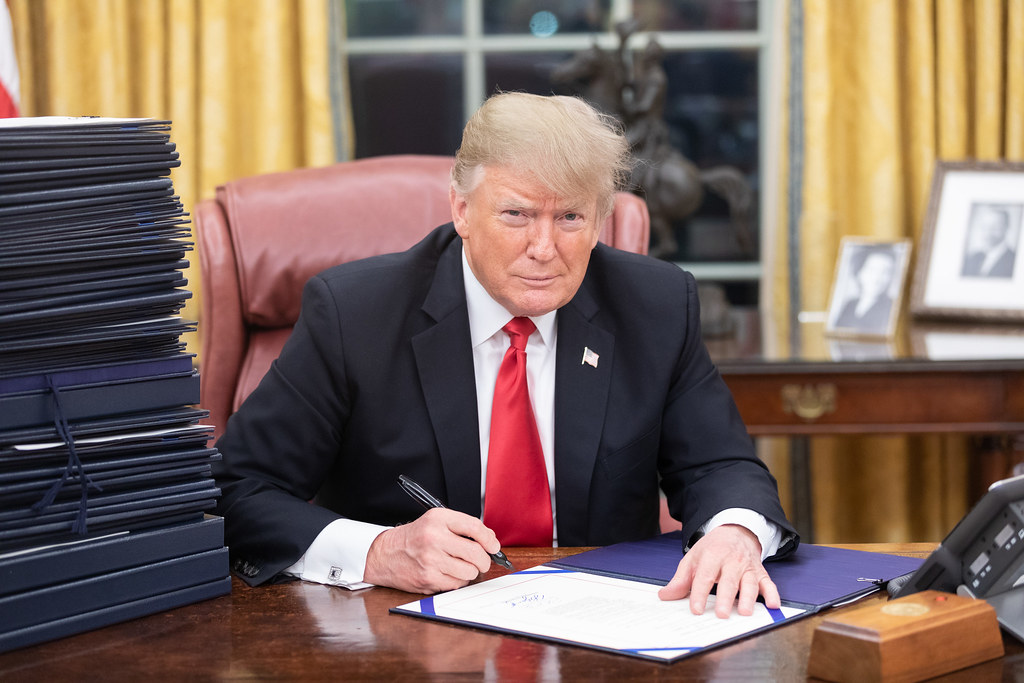Key Takeaways
• The Trump administration admits its immigration enforcement could raise food costs.
• The Labor Department warns a labor shortage threatens farm production.
• Officials say American workers won’t fill many farm jobs.
• Experts fear higher food prices will hit families across the country.
Immigration Enforcement and the Food Supply
The Labor Department recently warned that strict immigration enforcement may hurt farmers. In an official filing, the department said that cutting off illegal workers could disrupt food production. Ultimately, this could lead to higher food prices for American families.
How Immigration Enforcement Affects Farmers
Immigration enforcement aims to seal the border and deport undocumented workers. However, many farms rely on these workers to plant, pick, and pack crops. Without enough hands to do the work, farmers face delays and extra costs. Consequently, these costs pass on to shoppers.
Farmers say they cannot find enough American workers for these tough jobs. They often involve long hours, hot sun, and bending over rows of plants. In addition, these roles usually pay low wages. As a result, potential local workers look for easier or higher-paying jobs.
Why American Workers Avoid Farm Jobs
Many American adults prefer work that offers steady hours and benefits. Farm work is often seasonal and lacks health coverage. Hence, it struggles to attract local workers. Furthermore, farm tasks can harm the body over time.
Schools, training programs, and career paths rarely highlight farm work as a top choice. Instead, young people aim for technology, services, or office jobs. Thus, farms rely on a steady inflow of immigrant labor to fill gaps.
What Could Change to Help Farms
To tackle labor gaps, some suggest raising wages for farm work. Higher pay could draw more local workers. However, boosting wages also increases production costs. Farmers worry these costs will force smaller farms out of business.
Others propose better work conditions, like shorter shifts or more breaks. Better conditions could improve worker health and retention. Yet, implementing these changes takes time and money.
Meanwhile, some lawmakers favor guest-worker programs. These programs allow foreign nationals to work legally on farms for a set time. They ensure a stable workforce without relying on illegal crossings. But critics argue guest-worker programs need stronger protections and fair pay.
What This Means for Shoppers
If immigration enforcement continues to cut labor, food prices may rise. Basic items like lettuce, tomatoes, and strawberries could cost more. Families on tight budgets will feel the pinch first. Ultimately, higher grocery bills affect everyone.
In addition, sudden shortages could hit certain crops. For example, if no one picks berries in time, they rot on the vine. Stores then face empty shelves. To avoid this, grocers might import more produce from other countries. That also drives prices up.
Therefore, shoppers may notice smaller produce sections or higher price tags. They might switch to canned or frozen options. Still, those can cost more in the long run.
Looking Ahead
The Labor Department’s admission marks a shift. For the first time, the Trump administration publicly acknowledges that strict immigration enforcement threatens food supply. Economists had warned about this during last year’s campaign. Yet, officials kept pushing for tougher border rules.
Now, farmers, lawmakers, and consumers must find a balance. They need secure borders and a stable food system. Achieving both will require new policies and cooperation. Otherwise, families could pay the price at the checkout line.
Frequently Asked Questions
How does immigration enforcement drive up food prices?
Strict enforcement reduces the pool of laborers on farms. When farms lack workers, they slow production or import more goods. Both actions push costs higher for shoppers.
Can American workers replace immigrant labor on farms?
Many Americans avoid farm work due to low pay, long hours, and seasonal schedules. Without better pay or conditions, farm jobs remain unattractive to local workers.
What role do guest-worker programs play?
Guest-worker programs let foreign workers come legally to harvest crops. They help provide a stable workforce. However, these programs need strong rules to ensure fair pay and safe work.
Will food prices keep rising?
If labor shortages persist, prices will likely go up. Farmers will face higher costs and push them onto consumers. Changes in policy or farm practices could help stabilize prices.
